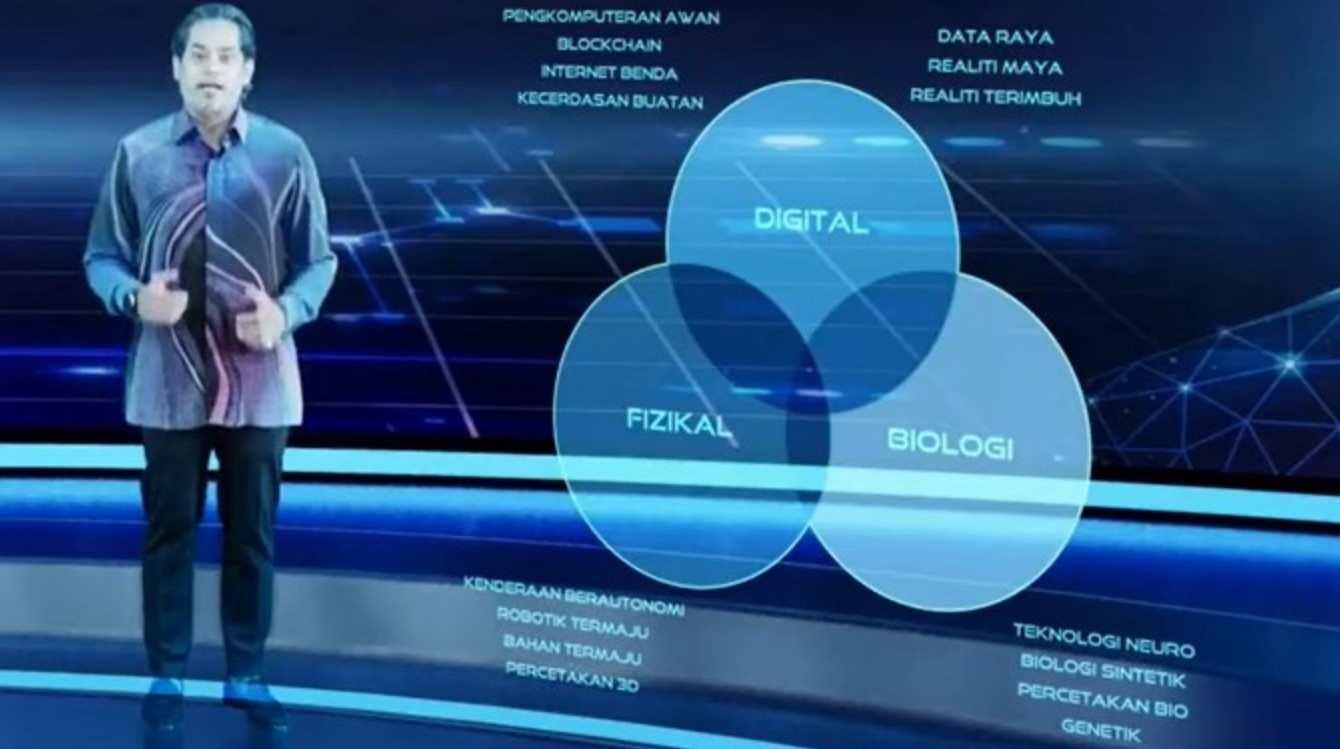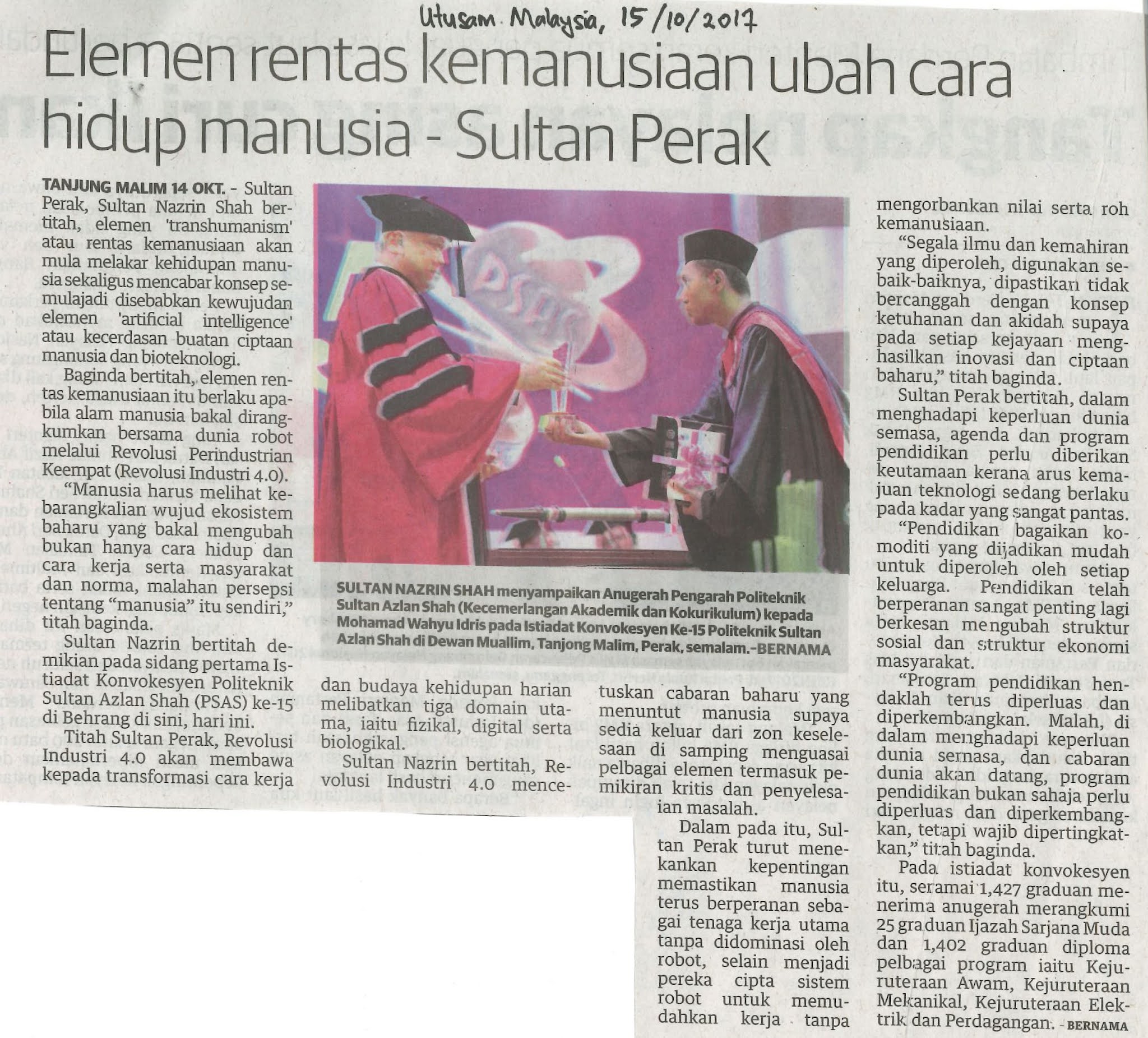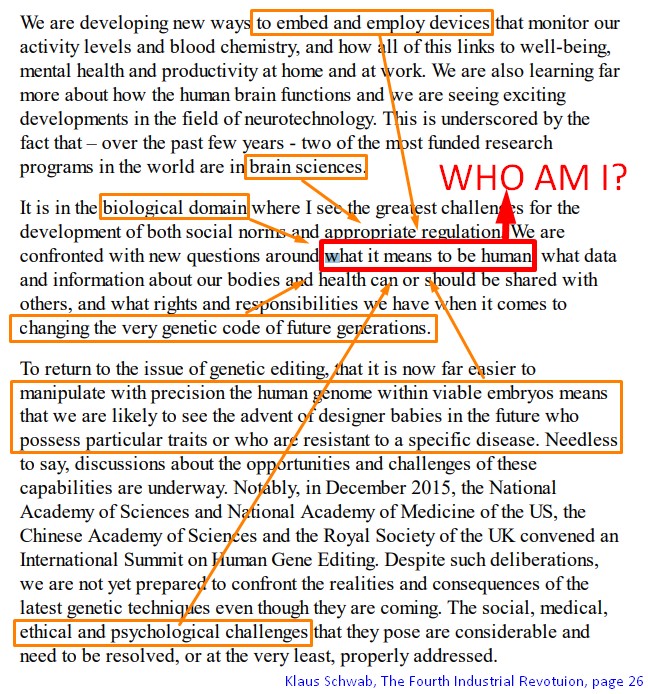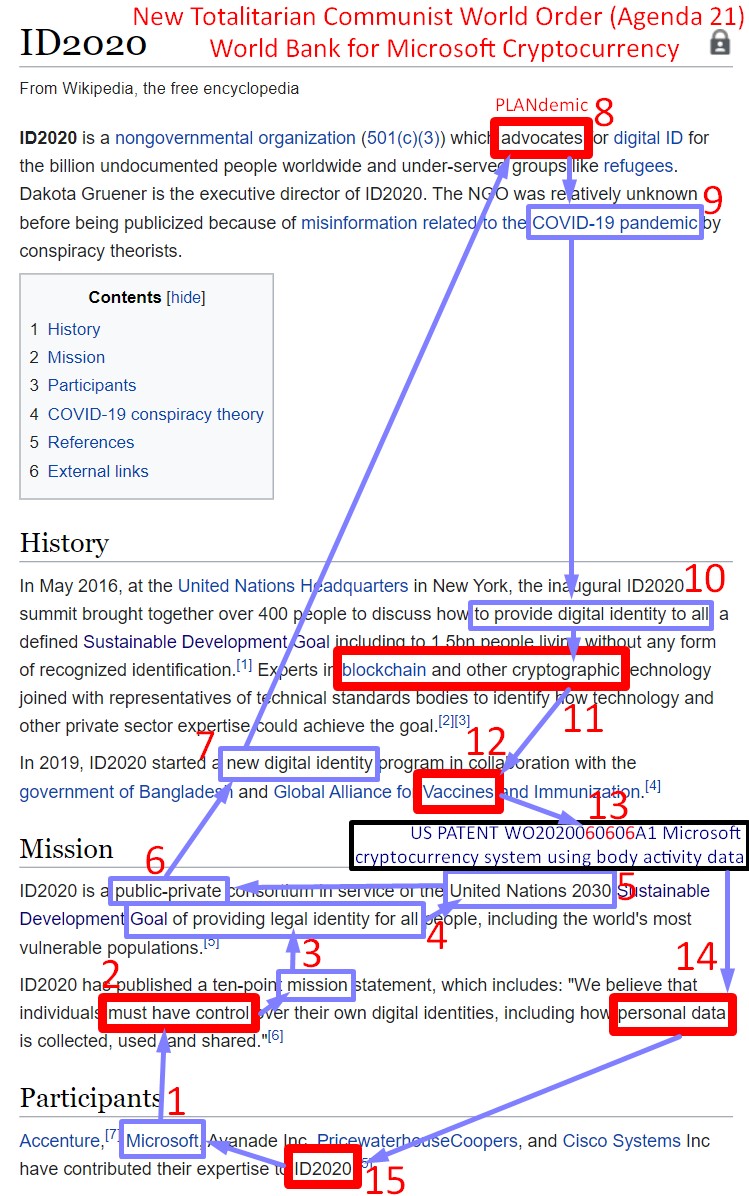Klaus Schwab says:

The word “revolution” denotes abrupt and radical change ... The first industrial revolution spanned from about 1760 to around 1840. Triggered by the construction of railroads and the invention of the steam engine, it ushered in mechanical production. The second industrial revolution, which started in the late 19th century and into the early 20th century, made mass production possible, fostered by the advent of electricity and the assembly line. The third industrial revolution began in the 1960s. It is usually called the computer or digital revolution because it was catalysed by the development of semiconductors, mainframe computing (1960s), personal computing (1970s and 80s) and the internet (1990s) ... I am well aware that some academics and professionals consider the developments that I am looking at as simply a part of the third industrial revolution.
Three reasons, however, underpin my conviction that a fourth and distinct revolution is underway: Velocity (SUPER ARTIFICIAL INTELLIGENCE) : Contrary to the previous industrial revolutions, this one is evolving at an exponential rather than linear pace. This is the result of the multifaceted, deeply interconnected world we live in and the fact that new technology begets newer and ever more capable technology (IoT / SMART CONCEPT). Breadth and depth (TRANSHUMANISM) : It builds on the digital revolution and combines multiple technologies that are leading to unprecedented paradigm shifts in the economy, business, society, and individually. It is not only changing the “what” and the “how” of doing things but also “who” we are. (SYNTHETIC HUMAN) Systems Impact (TOTALITARIANISM) : It involves the transformation of entire (NEW WORLD ORDER, GREAT RESET) systems, across (and within) countries, companies, industries and society as a whole; Klaus Schwab, The Fourth Industrial Revolution

We are confronted with new questions around what it means to be human, what data and information about our bodies and health can or should be shared with others, and what rights and responsibilities we have when it comes to changing the very genetic code of future generations. To return to the issue of genetic editing, that it is now far easier to manipulate with precision the human genome within viable embryos means that we are likely to see the advent of designer babies in the future who possess particular traits or who are resistant to a specific disease.

Needless to say, discussions about the opportunities and challenges of these capabilities are underway. Notably, in December 2015, the National Academy of Sciences and National Academy of Medicine of the US, the Chinese Academy of Sciences and the Royal Society of the UK convened an International Summit on Human Gene Editing. Despite such deliberations, we are not yet prepared to confront the realities and consequences of the latest genetic techniques even though they are coming. The social, medical, ethical and psychological challenges that they pose are considerable and need to be resolved, or at the very least, properly addressed [through his Book: Covid-19 - The Great Reset, ie. THE PLANDEMIC!],’ Klaus Schwab, The Fourth Industrial Revolution

